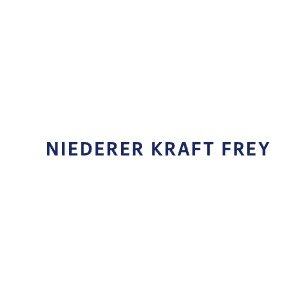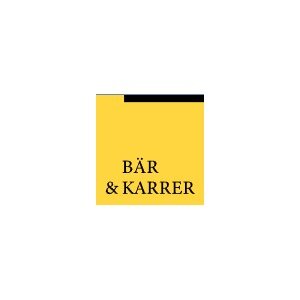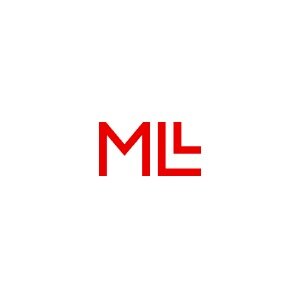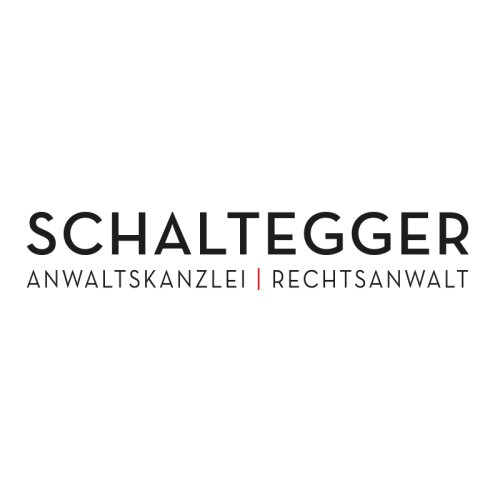Best Conveyancing Lawyers in Zurich
Share your needs with us, get contacted by law firms.
Free. Takes 2 min.
Free Guide to Hiring a Real Estate Lawyer
List of the best lawyers in Zurich, Switzerland
About Conveyancing Law in Zurich, Switzerland
Conveyancing is the legal process of transferring property ownership from one party to another. In Zurich, Switzerland, conveyancing involves a set of formalities and regulations meant to ensure a safe and valid transfer of real estate. This process typically includes property searches, contract drafting and review, negotiation, official notarization, and registration in the Land Register (Grundbuch). Swiss property law is highly structured and aims to protect both buyers and sellers. Working within the framework of the Swiss Civil Code, conveyancing in Zurich often requires the assistance of legal professionals to navigate local customs, language barriers, and regulatory requirements.
Why You May Need a Lawyer
Engaging a lawyer for conveyancing matters in Zurich is common and strongly recommended. A qualified lawyer can help in a variety of scenarios, such as:
- Buying or selling residential or commercial property
- Reviewing and negotiating property sales agreements
- Ensuring compliance with Swiss and cantonal property laws
- Handling cross-border transactions for foreign buyers and sellers
- Identifying and resolving issues with property boundaries, easements, or encumbrances
- Handling inheritance or marriage-related property transfers
- Addressing disputes over property ownership or defects
- Managing complex property portfolio transactions
Swiss law has strict requirements, and missing a legal step can lead to costly delays or even loss of property rights. Legal advice ensures your interests are protected and the process runs smoothly.
Local Laws Overview
Several key aspects of law and regulation govern conveyancing in Zurich:
- Notarization: All property transfers must be executed by a registered Swiss notary. This step is essential for the legal validity of the transaction.
- Land Register (Grundbuch): Ownership of real estate is officially transferred only when the change is recorded in the Grundbuch. This public register is definitive proof of ownership and also shows any mortgages, liens, or easements on the property.
- Buyer Due Diligence: Buyers are expected to verify the legal status and condition of the property. The law assumes “buyer beware,” so legal searches and title investigation are crucial.
- Foreign Ownership Restrictions: There are regulations on property acquisition by non-Swiss residents, which often require special permits and may not be possible for certain types of properties.
- Taxes and Fees: Both parties must account for transfer taxes, notary fees, and registration costs, which are set by cantonal and communal authorities.
- Financing and Mortgages: Mortgage agreements must conform to Swiss lending rules and normally require registration alongside the property in the Grundbuch.
Qualified legal advice ensures all these requirements are properly addressed, preventing future disputes and financial risk.
Frequently Asked Questions
What is the role of the notary in Zurich conveyancing?
In Zurich, the notary acts as a neutral public official who prepares and certifies the property transaction. Both buyer and seller must appear before the notary, who ensures all legal requirements are met. The notary then submits the deed to the Land Register for official entry.
Do I need a lawyer or only a notary?
While a notary is required, a lawyer provides personal legal advice and protects your specific interests, especially in complex transactions or if you're unfamiliar with local law. A notary remains neutral and cannot advise exclusively in your favor.
How long does the conveyancing process take in Zurich?
The entire process usually takes several weeks to a few months, depending on the complexity, financing arrangements, and Land Register workload. Delays can occur if legal disputes or financing problems arise.
Can foreigners buy property in Zurich?
Foreigners can buy property in Zurich, but there may be restrictions, particularly for non-residents or when purchasing second homes. Certain types of properties, like holiday homes, may require permits, and commercial property rules also apply.
What taxes and fees should I expect?
Both buyers and sellers must pay various fees, including notary fees, Land Register fees, and potentially a property transfer tax. The amounts depend on the value and location of the property and are set by cantonal and communal authorities.
What is checked during due diligence?
Due diligence involves verifying ownership, checking the Land Register for encumbrances, reviewing the property's legal and physical condition, confirming any existing leases, and ensuring there are no building law violations or outstanding obligations.
Who pays the notary and registration fees?
The allocation of costs depends on local custom or negotiation but is often split between buyer and seller or entirely borne by the buyer. This should be clarified before proceeding with the transaction.
How is property ownership transferred?
Ownership is legally transferred only when the sale is notarized and the change is entered in the Land Register. Signing a sale agreement alone does not constitute legal ownership in Switzerland.
What happens if there is a dispute after the sale?
If disputes arise, the parties may seek mediation or legal proceedings. If the property has undisclosed defects or encumbrances, buyers can potentially claim damages or rescission, subject to conditions and deadlines specified by Swiss law.
Can I handle conveyancing matters myself?
Given the mandatory notarization and legal procedures, handling conveyancing without professional help is not advisable. Errors can result in invalid transactions or financial loss. Legal guidance ensures compliance and protects your interests.
Additional Resources
These official bodies and resources can provide more information or assistance regarding conveyancing in Zurich:
- Kanton Zürich Grundbuchamt - Land Register offices for property records and registrations
- Anwaltsverband Zürich - The Zurich Bar Association for finding qualified property lawyers
- Notariatsamt Zürich - Notary offices responsible for property transfer formalities
- Federal Office of Justice (FOJ/BJ) - Information on property law and regulations for foreigners
- Municipal building and planning departments - For local zoning and building regulations
Next Steps
If you are considering buying, selling, or transferring property in Zurich, follow these steps:
- Gather all relevant documents related to the property, including current Land Register extracts, plans, and any prior contracts or agreements.
- Contact a qualified conveyancing lawyer familiar with Zurich property law to advise you on your rights, obligations, and the best course of action for your situation.
- Arrange an initial consultation to discuss your needs, establish a legal strategy, and understand the likely costs and timeframes involved.
- If you proceed, the lawyer will coordinate with the notary, handle all necessary legal checks, and guide you through each formal step to completion and registration in the Land Register.
- Maintain clear records and copies of all documents for your files, and consult your lawyer if any issues arise after the transfer is complete.
Seeking professional legal support is the surest way to safeguard your investment and ensure your conveyancing transaction is legally valid and stress-free.
Lawzana helps you find the best lawyers and law firms in Zurich through a curated and pre-screened list of qualified legal professionals. Our platform offers rankings and detailed profiles of attorneys and law firms, allowing you to compare based on practice areas, including Conveyancing, experience, and client feedback.
Each profile includes a description of the firm's areas of practice, client reviews, team members and partners, year of establishment, spoken languages, office locations, contact information, social media presence, and any published articles or resources. Most firms on our platform speak English and are experienced in both local and international legal matters.
Get a quote from top-rated law firms in Zurich, Switzerland — quickly, securely, and without unnecessary hassle.
Disclaimer:
The information provided on this page is for general informational purposes only and does not constitute legal advice. While we strive to ensure the accuracy and relevance of the content, legal information may change over time, and interpretations of the law can vary. You should always consult with a qualified legal professional for advice specific to your situation.
We disclaim all liability for actions taken or not taken based on the content of this page. If you believe any information is incorrect or outdated, please contact us, and we will review and update it where appropriate.















